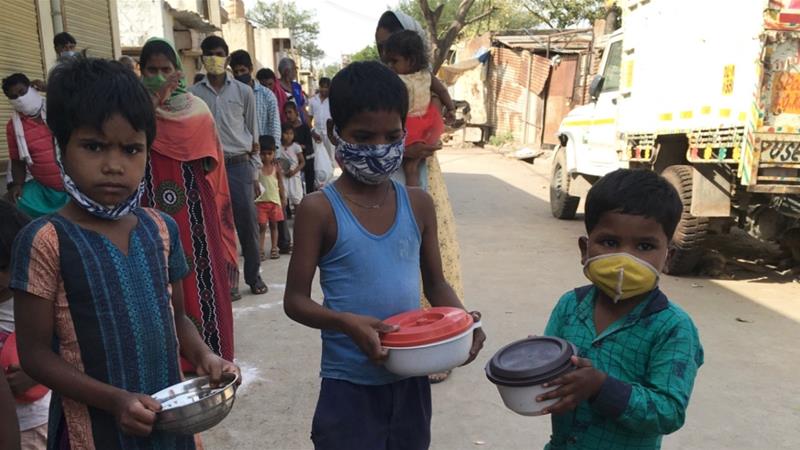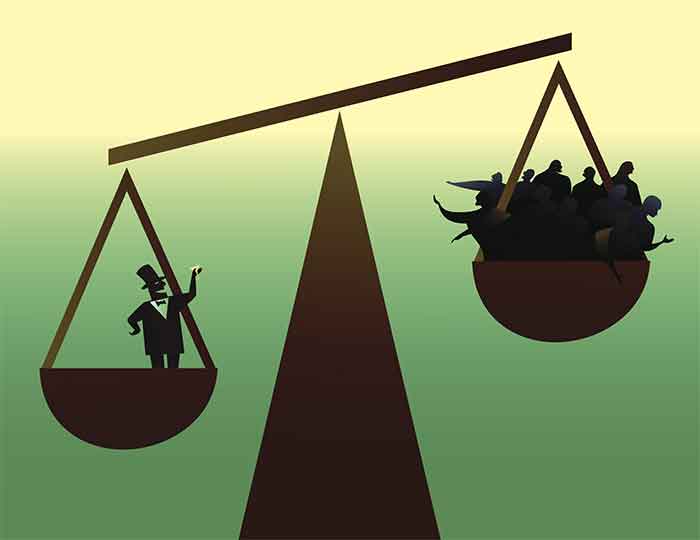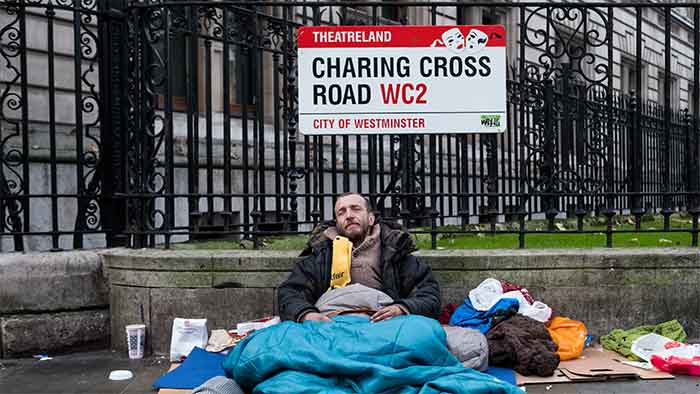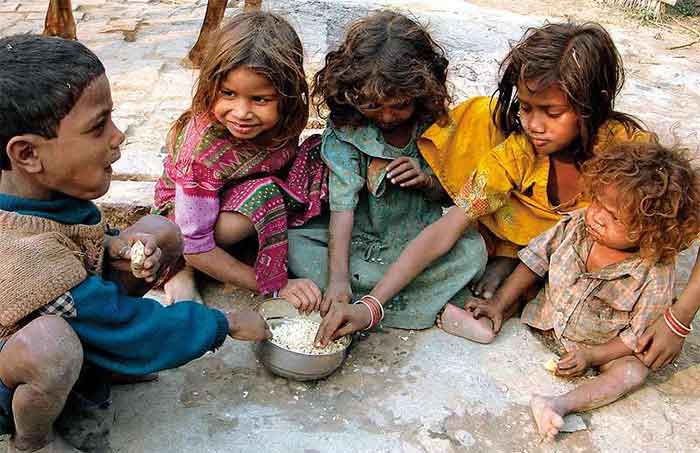by Bharat Dogra and Kumar Gautam

An issue of increasing worldwide concern is that more people have been pushed into poverty and deprivation in COVID times, negating years of progress and promise. In this context, the need for equality-led economic recovery is being increasingly emphasized and engaging a lot of attention of economists and policy-makers. This need is even more for countries like India where poverty and unemployment were becoming issues of increasing concern even before the advent of COVID due to a number of factors.
According to United Nations data nearly 46 million people in India are estimated to have fallen into poverty in 2020, comprising nearly one half of the new poor of the entire world. While highlighting this the recently released Oxfam Inequality Report also cited the Consumer Pyramid Household Survey data collated by the Centre for Monitoring Indian Economy for 2021 to state that 84% of households in the country suffered a decline in their income in a year marked by unprecedented loss of life and livelihoods.
The most recent findings of ICE 360 Survey 2021 by People’s Research on India’s Consumer Economy ( PRICE) has revealed that as compared to 2015-16, the income of the bottom 20% of households of India has suffered a decline of as much as 53% ( while the top 20% households gained 39 per cent), a very high decline indeed. This was preceded during 2005-16 by a significant and much higher increase in the income of the bottom 20% segment of population.
Some monitoring groups have been pointing out with carefully conducted research that during the last financial year 2021-22 the reduction in the allocation for NREGA (compared to the actual expenditure of the previous year) led to near exhausion of funds at a time when several months of financial year still remained. To the credit of the government it increased the revised estimate of NREGA for 2021-22 by allocating an additional Rs. 25,000 crore. However such was the high demand for employment under this demand driven employment guarantee scheme that despite this increased allocation very substantial pending wages have continued to remain a serious problem. As these delays generally affect the poorest sections it is important to clear these wage payments as early as possible.
While the poorest sections including the new poor have suffered the most distress, the increasing distress and frustration of some other sections also deserves urgent attention. Statistics highlighted by the Centre for Monitoring Indian Economy recently indicate that unemployment among graduates in the age-group 20-24 may be as high as 60 per cent while in the age-group 20-29 this may still be very high at 43%. Such high levels of unemployment among the educated youth are clearly very worrying.
What is more, both the World Inequality Report and the Oxfam Inequality Report have related the increasing distress of the poor and the vulnerable sections of Indian society to very fast rise in inequality highlighted by increasing concentration of wealth and income in the hands of billionaires or the super-rich. Thus the need to use fiscal policy and also overall economic policy effectively as an instrumeent of reducing inequality and providing relief to the poorest and more vulnerable sections has increased.
The Oxfam Report tells us, for instance, that the richest 98 billionaires in India own the same wealth as the poorest 40 percent of the people of India (555 million people). Clearly fiscal policy should play a more important role in reducing such glaring inequalities.
As several renowned economists have been pointing out, more income in the hands of the poor who have many unmet needs contributes not just to more justice but also to better economic recovery. The super-rich are so over-saturated with excess consumption already that much of their surplus wealth is locked up for all practical purposes and does not stimulate the domestic economy, wheras the poor have so many postponed real needs that more income in their hands will not only contribute greatly to welfare and in fact even to saving precious human lives, in addition this will have multiplier effect on stimulating equality-based economic growth at several levels. More income among many people at lower levels of economy will also help them to stimulate and enhance the livelihods of each other in a mutually beneficial way.
Keeping in view these important expectations it appears that while the government has tried to introduce some new initiatives in the recent budget, on the whole the hopes of vulnerarable groups for any really significant relief have not been fulfilled. The various schemes from which vulnerable groups expect relief are there of course, but the kind of increase or exceptionally big relief that was needed is missing in the budget. For relief to the rural poor a big increase in NREGA budget was expected , but the Budget Estimate for NREGA for 2022-23 is the same as the Budget Estimate for the previous year and the BE for 2022-23 is in fact much lower than the Revised Estimate for 2021-22 or the actual expenditure for 2020-21.
Much more was expected regarding a new deal for bringing widespread relief which is missing. One can only hope that at the time of revised estimates, or by coming up with some new packages or initiatives, the government will strive to provide the much needed relef to vulnerable people and weaker sections. Another suggesion for more immediate attention is that under the PM Gramin Kalyan Ann Yojana the free grain distribution can be continued after the current deadline expires around March or so. The suggestions of the Supreme Court for free community kitchens can be implemented widely by involvng people and panchayats. Above all, let us not forget that the overall economic recovery should be led by greater emphasis on justice and equality in the interests of growth as well as welfare.
Bharat Dogra is a senior journalist. Kumar Gautam teaches Economics at the Lawrence School, Sanawar.















































